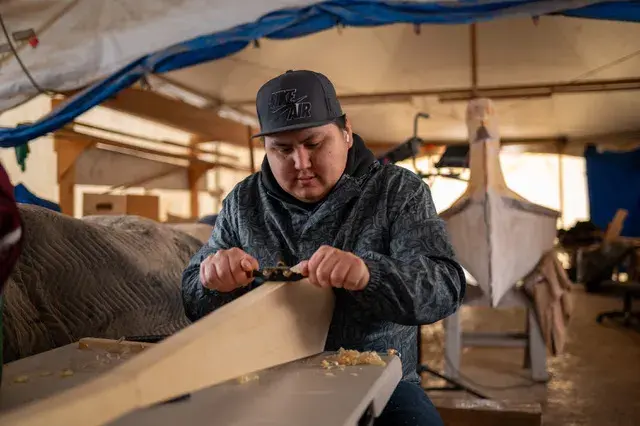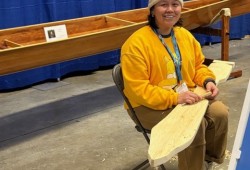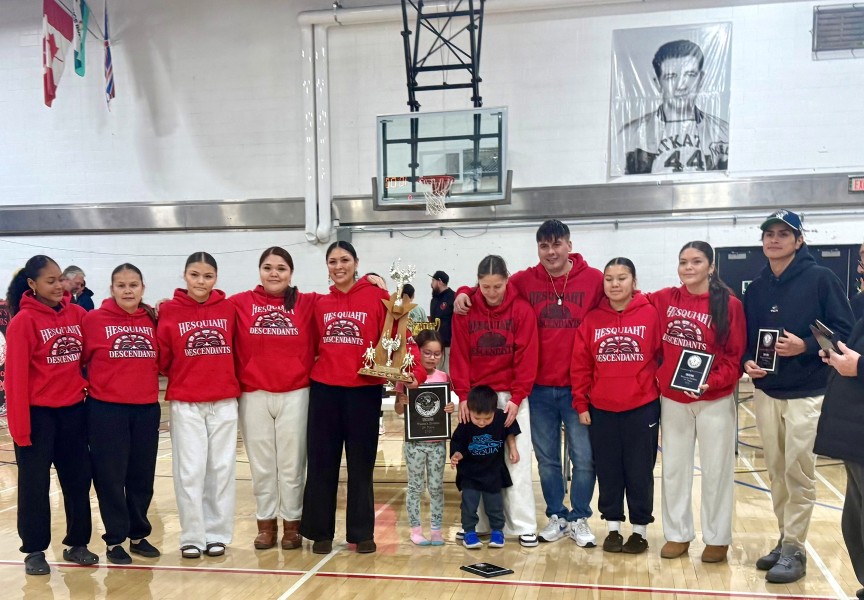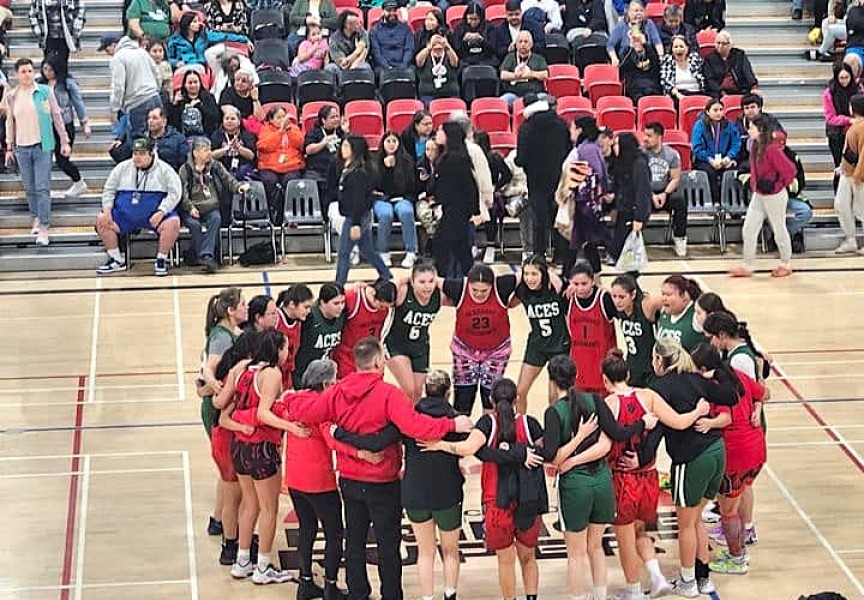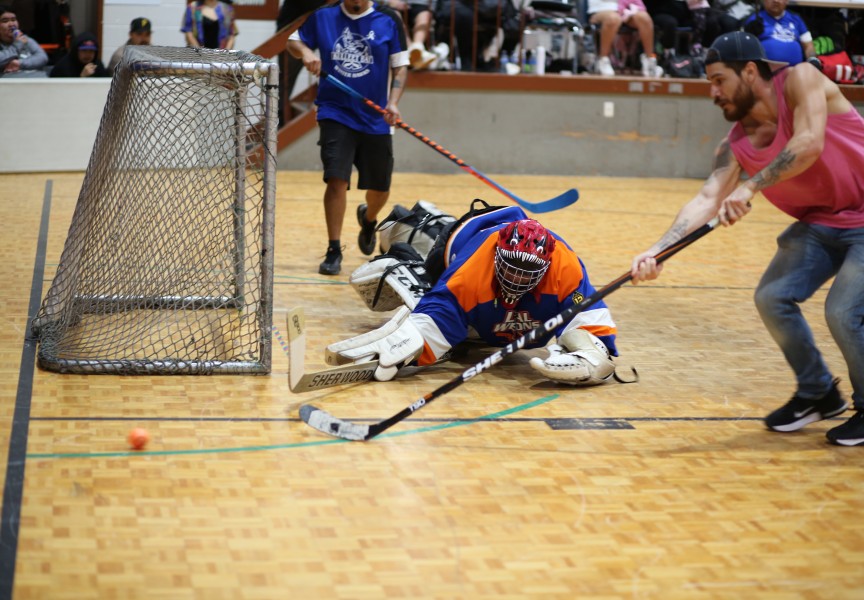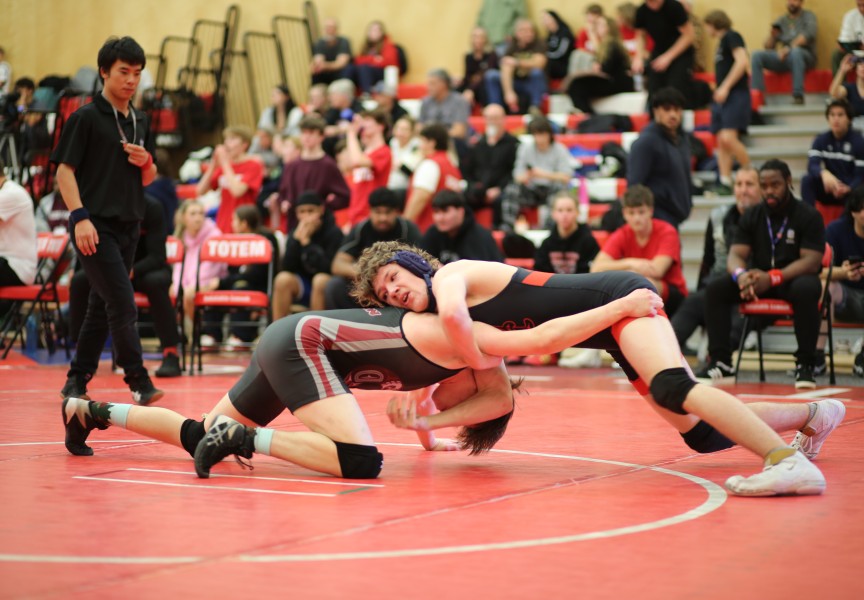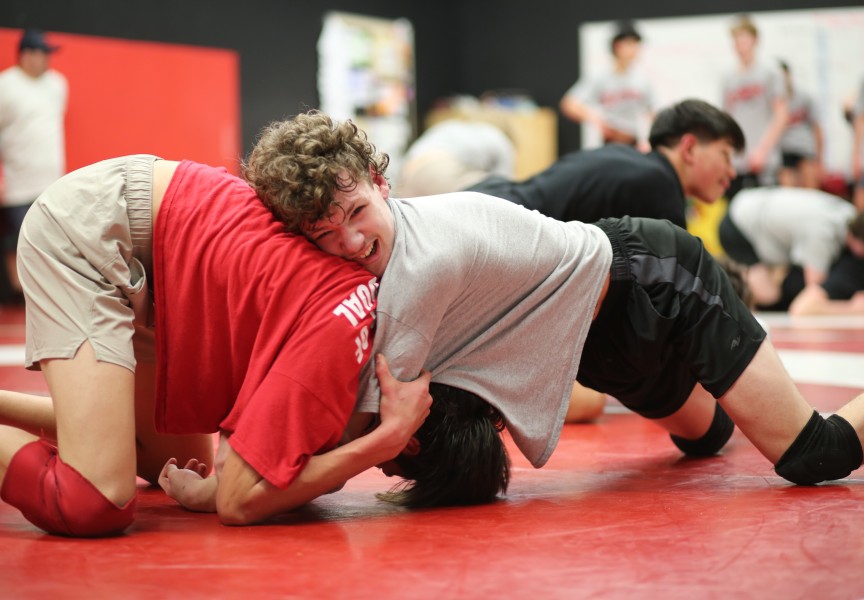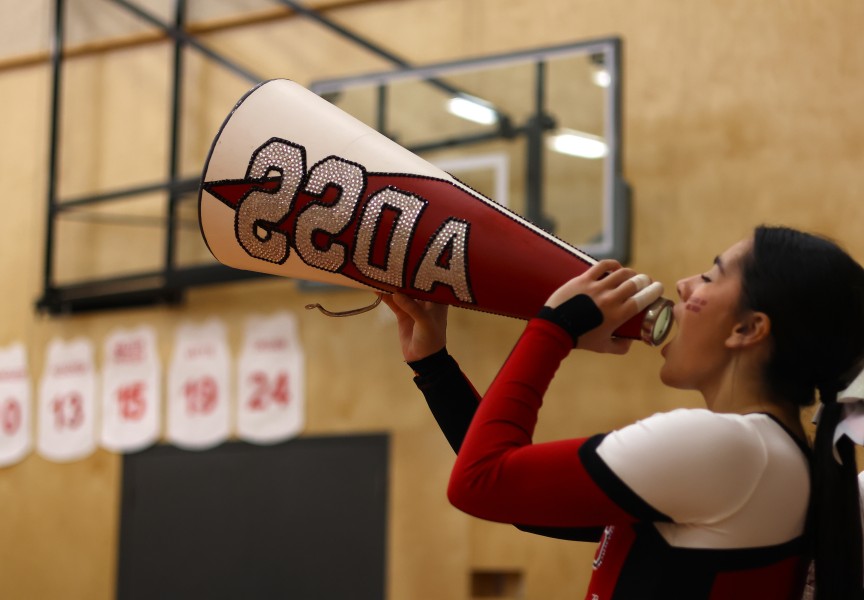Canada is investing $24.2 million in Indigenous sport programs to empower First Nations, Inuit and Métis communities.
The Honourable Terry Duguid, minister of Sport and minister responsible for Prairies Economic Development Canada, announced the 2024-2026 funding recipients for the Sport for Social Development in Indigenous Communities (SSDIC) initiative on Feb. 7 at a media event outside the Indigenous Sport Gallery BC Sports Hall of Fame in Vancouver.
The $24.2-million investment supports 119 Indigenous-led projects across the country and features three funding streams for the 2024-2026 cycle.
"Sport unites communities, builds strong bonds and promotes healthier lives. The Government of Canada is proud to support Indigenous-led initiatives that provide culturally relevant sport opportunities for First Nations, Inuit and Métis peoples nationwide. Through the SSDIC program, Indigenous partners are breaking down barriers and creating lasting, positive change through sport,” said Duguid in a media release.
Stream One involves $10.6 million to be distributed to 13 Provincial/Territorial Aboriginal Sport Bodies and the Aboriginal Sport Circle to develop community programming. In B.C., I-SPARC (Indigenous Sport, Physical Activity & Recreation Council) is the provincial organization established in 2009 to improve and build capacity for Indigenous sport and recreation.
“We are incredibly grateful to Minister Duguid and Sport Canada for this funding, which provides critical resources for us to deliver a broad range of community-based sport development and health promotion programs throughout British Columbia,” said Rick Brant, I-SPARC CEO in a written statement. “With these funds, we are able to collaborate with Indigenous communities and sport and physical activity sector partners to design programs that reduce barriers and increase access to culturally relevant initiatives that advance the health and well-being of Indigenous youth and families throughout the province.”
Stream two allotted 55 Indigenous sport and recreation projects nationwide a portion of the $7.1 million. The Nuu-chah-nulth Youth Warrior Family Society and Rising Tide Surf Society in Tla-o-qui-aht First Nations territory were amongst the named recipients.
Stream Three received $6.25 million to be distributed to Indigenous governments, communities and other not-for-profit Indigenous organizations that provide opportunities for Aboriginal women, girls and 2SLGBTQI+ people to participate in meaningful sports activities.
Canoe Cultures Society, a Vancouver-based organization dedicated to the art and culture of the canoe, is a Stream Three recipient that received $99,974 to put towards a canoe training program for girls, women and 2SLGBTQI+.
Ann Phelps, managing director for Canoe Cultures Society, said they applied for the Stream Three funding because they wanted to introduce more girls to the sport of traditional canoeing.
“The girls will go out with an elder on the journey canoes, not the racing canoes because they are a little tippy, and they’ll go out once or twice a week,” said Phelps.
“Eventually, if some of them really like the canoeing, we’ll introducing them to the racing canoes because that’s what we specialize in. The idea is just to empower those girls. They’ll learn more about their culture and it will also teach them life skills,” she continued.
The proposed three-week canoe sessions for girls, young women and Two-Spirited are structured to emphasize a gradual approach, notes Phelps, to allow participants to ease into the paddling experience and discover the joy of being on the water.
Canoe Cultures Society was established roughly five years ago with the guidance of skwxwu7mesh Hereditary Chief Mike Billy Sr., a seventh-generation canoe carver.
“I think that we all know that sport really builds confidence, and it leads to other things. People eat better,” said Phelps, who is the only non-Aboriginal person in the Indigenous-led Canoe Cultures Society. “I know a lot of canoe racers now of course and they’re really serious about it. They practice every day, five days a week and then every weekend they go to races.”
Drawn from the Calls for Justice of the National Inquiry into Missing and Murdered Indigenous Women and Girls, the Stream Three social development goals focus on physical and mental health, suicide prevention, sexual trafficking awareness and prevention, safe and healthy relationships, and sexual positivity (2SLGBTQI+), according to the Ministry of Sport.
“It’s heartbreaking when you read about the high incidence of suicide in kids,” said Phelps. “They think they don’t have hope, so if you can give kids something to be proud of, something to look forward to, it really makes a difference and that’s why sport and recreation is so helpful. It doesn’t have to be a traditional sport; you see it with the All Native Basketball that’s on right now.”

